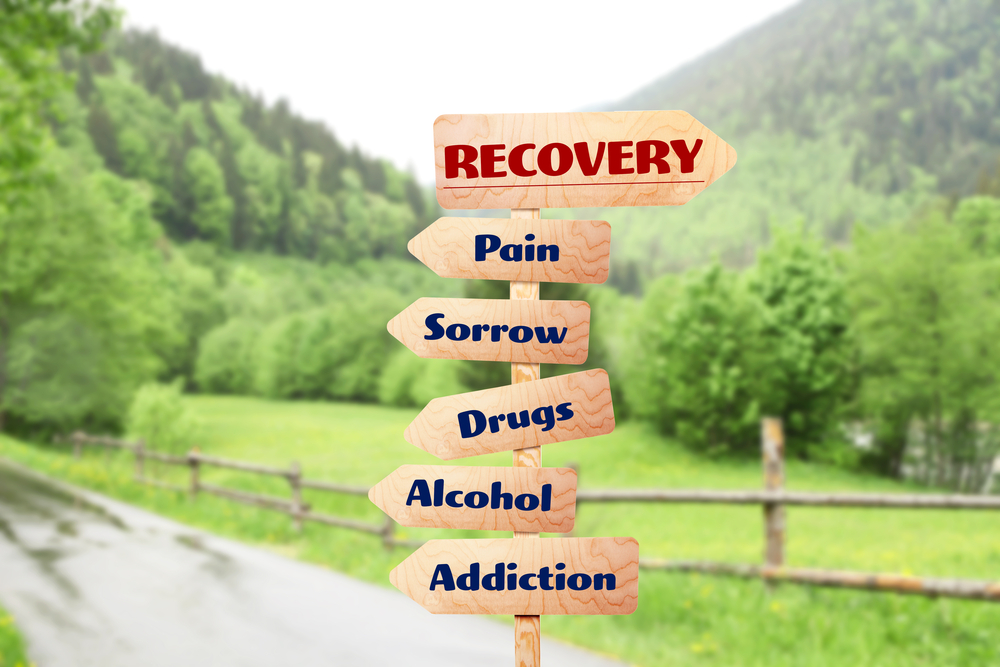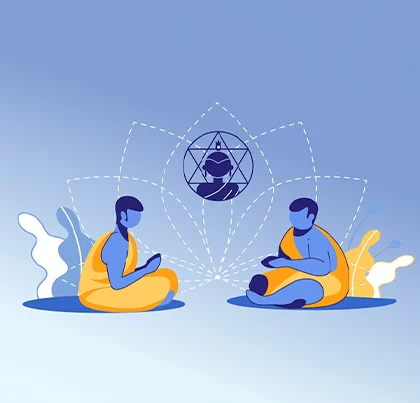Top Signs That It’s Time to Seek Drug Recovery

If you’re considering going to an alcohol or drug recovery program, then congratulations – you’ve taken a big first step.
Seeking treatment for substance abuse means that you recognize that you have an addiction to treat, which many addicts struggle to recognize. Although denial could be to blame, many substance abusers don’t make the connection between their substance use, addiction, and need to seek treatment.
So, how do you know if you need drug treatment?
It’s not as difficult as you may think. In fact, a few clear signs and signals can indicate that your drug or alcohol use has become a problem — and that you need to seek help. The compassionate team from Brighton Recovery Center has put together a list of some of these indicators, to help you recognize them either in yourself or in a loved one who may be struggling.
Substance Use Has Become a Priority
One of the biggest signs of addiction is when a substance becomes the main focus of your life. You think about it often and spend increasing amounts of effort, resources, and time finding – and using – your substance(s) of choice.
You may also find that activities, interests, and hobbies that you previously enjoyed start to take a backseat to the things you now enjoy. If you’re starting to notice that you’re no longer spending time doing the things you used to, or spending time with people that you care about, and you are instead spending your time with your substance of choice, then it’s time to think about drug recovery options.
Your Overall Health Is Suffering
Addicts and substance abusers suffer a variety of ill effects from using drugs and alcohol regularly. Although substance abuse can cause a variety of specific side effects, illnesses, etc., it’s also important to be aware of how it can impact your overall health and well-being.
For example, alcohol abuse is bad for your liver and has even been linked to certain types of cancer. However, before you ever develop these types of illness, you will likely notice the toll that substance abuse takes on your mind and your body, overall.
Substance abusers frequently notice the degradation of their physical health. The extent to which you might notice these changes depends on what substance you are abusing, how long you’ve been using it, and how much you take. Physically, you might notice that you’re always tired or that you’re gaining or losing weight. Or you might just notice that you simply never feel good any longer.
If you (or someone in your life) notices these types of changes in the way you feel, then it might be time to consider what drug treatment and recovery can do for you.
You Have to Use the Substance More – or More Often
When you first began drinking alcohol or taking drugs, you may have experienced a high or feeling of euphoria with the use of a very small amount. If you notice that you now have to use a larger amount of your drug of choice – or use more frequently — to get the same feeling, then that could be a sign of worsening addiction.
When you use a substance regularly, the body begins to adapt to it, also known as building up a tolerance. As your body’s tolerance grows, the amount you need to produce the same outcome become higher and larger. This can increase the risk of overdose, which puts your life in danger.
No substance is worth your life. If you’re using large amounts of a substance to get high, then you need to seek help through drug recovery.
You Experience Mental Health Challenges
According to the National Survey on Drug Use and Health, more than 40 million Americans struggle with mental health issues. More that 20 million people in the United States suffer from substance use disorder, with about 8 million of those suffering from both a mental illness and substance use disorder.
The data suggest that, if you have a mental illness, then your chances of also developing a substance use disorder are significantly higher. If you have an undiagnosed mental illness, or an untreated one, you are also more susceptible to using drugs as a way to self-medicate.
Substance abuse can also worsen existing symptoms of mental health challenges.
The most effective alcohol and drug recovery programs also address the mental health issues that you may be facing. When drug recovery centers provide specialized care that addresses any mental illness you may have, you will be better able to successfully navigate recovery and maintain your sobriety.
You’ve Tried –But Failed – to Quit on Your Own
Many people who struggle with substance abuse have tried to quit on their own but have ultimately been unsuccessful. The truth of the matter is that addiction is a chronic condition. You might experience periods of recovery and periods of relapse, but you will always need to recommit to not taking the drug if you want to get back to recovery and stay there.
If you’ve tried to quit — even if you’ve gone as far an outpatient treatment or support groups — but have never been successful, then it may be time to try a different approach. Drug recovery programs can provide you with the structure, medical attention, stability, therapy, and safety that you need to treat your addiction and re-establish your commitment to sobriety.
What Can Recovery Do for You?
When you participate in a structured rehabilitation program as a part of drug recovery, you will put yourself on the best possible path toward healing your mind and body from the abuse of drugs and alcohol. In recovery, you can begin to peel back the layers of your addiction and deal with its root causes, all while in a safe environment, being led by people who know how to help.
Most substance abusers and addicts know about drug recovery, but they may not understand that they need to go.
If you have experienced or are experiencing any of the symptoms above, then it’s time to get serious about getting the help you need. When you get serious about facing your addiction, you’re taking the first step toward a happier, healthier life.
In Sandy, Utah, drug recovery at Brighton Recovery Center provides the hope, help and compassion you need to overcome your struggles. Contact us today to learn more about how we can help you get started today.



